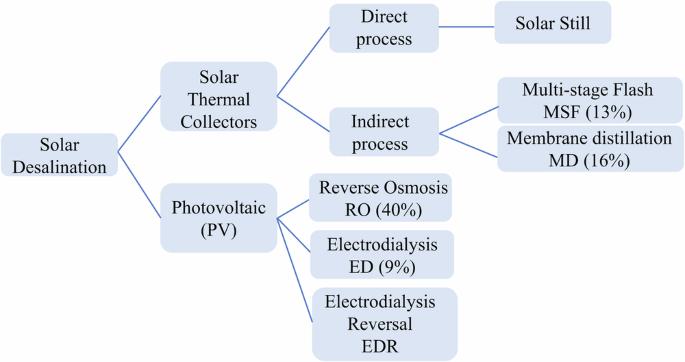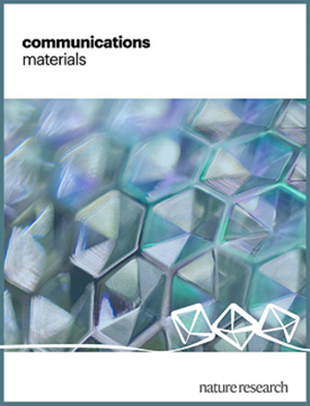通过可转让学习加速太阳能海水淡化的部署
IF 9.6
Q1 MATERIALS SCIENCE, MULTIDISCIPLINARY
引用次数: 0
摘要
太阳能海水淡化为解决全球水资源短缺问题提供了一个前景广阔的解决方案,但与传统的化石燃料驱动方法相比,太阳能海水淡化还未得到充分利用。过去的太阳能海水淡化研究把提高效率和降低成本放在首位,忽视了促进技术应用的关键知识差距和具体需求。在此,我们将从光伏和锂离子电池的成功开发中吸取经验教训,加强太阳能海水淡化对水资源短缺的影响。我们分析了四十年来的研究成果,注意到主要太阳能海水淡化技术的成本持续下降,同时效率趋势也不尽相同。对光伏和电池成本降低策略的研究揭示了加快太阳能海水淡化普及的机遇。我们的研究结果揭示了通过规模经济和边做边学(尤其是在系统级创新方面)来节约成本的潜力,这可能会产生在光伏、电池和一些膜材料中已经看到但在太阳能海水淡化系统中尚未看到的效益。我们还建议采用标准化的衡量标准来监测不同技术的一致进展,但也要根据应用情况制定不同的学习曲线,促进有针对性的进步,以实现广泛应用。实施太阳能海水淡化设施的主要障碍之一是其成本。在此,我们通过研究光伏发电和锂离子电池的推广情况,汲取了可加快太阳能海水淡化部署的经验教训,如规模经济和边做边学。本文章由计算机程序翻译,如有差异,请以英文原文为准。

Accelerating solar-powered desalination deployment through transferable learning
Solar desalination offers a promising solution to the global water shortage, yet it is underutilized compared to traditional fossil fuel-driven methods. Past solar desalination research prioritized efficiency enhancement and cost reduction, overlooking critical knowledge gaps and specific needs for facilitating the technology’s adoption. Here we apply lessons from the successful development of photovoltaics and lithium-ion batteries to enhance the solar desalination impact’s on water scarcity. We analyze four decades of research, noting consistent cost decreases in key solar desalination technologies, alongside variable efficiency trends. Investigating cost reduction strategies in photovoltaics and batteries reveals opportunities to accelerate solar desalination uptake. Our findings reveal cost-saving potential through economies-of-scale and learning-by-doing particularly in system-level innovations, which could yield benefits already seen in the photovoltaics, batteries and some membrane materials but not yet in solar desalination systems. We also propose adopting standardized metrics to monitor consistent progress across different technologies but distinct learning curves tailored to application scenarios, promoting targeted advancements for widespread adoption. One of the key barriers to the implementation of solar-powered desalination facilities is their cost. Here, by studying the roll-out of photovoltaic and lithium-ion batteries, lessons are learned that could speed-up solar desalination deployment, such as economies-of-scale and learning-by-doing.
求助全文
通过发布文献求助,成功后即可免费获取论文全文。
去求助
来源期刊

Communications Materials
MATERIALS SCIENCE, MULTIDISCIPLINARY-
CiteScore
12.10
自引率
1.30%
发文量
85
审稿时长
17 weeks
期刊介绍:
Communications Materials, a selective open access journal within Nature Portfolio, is dedicated to publishing top-tier research, reviews, and commentary across all facets of materials science. The journal showcases significant advancements in specialized research areas, encompassing both fundamental and applied studies. Serving as an open access option for materials sciences, Communications Materials applies less stringent criteria for impact and significance compared to Nature-branded journals, including Nature Communications.
 求助内容:
求助内容: 应助结果提醒方式:
应助结果提醒方式:


